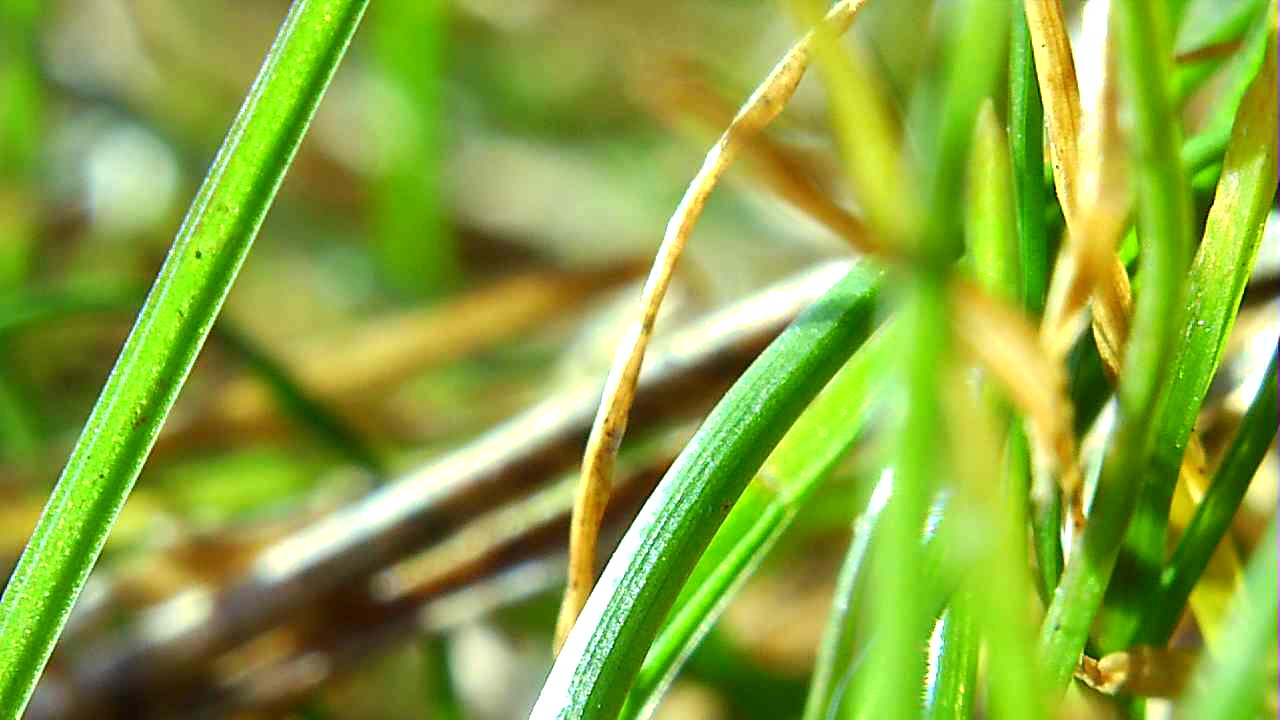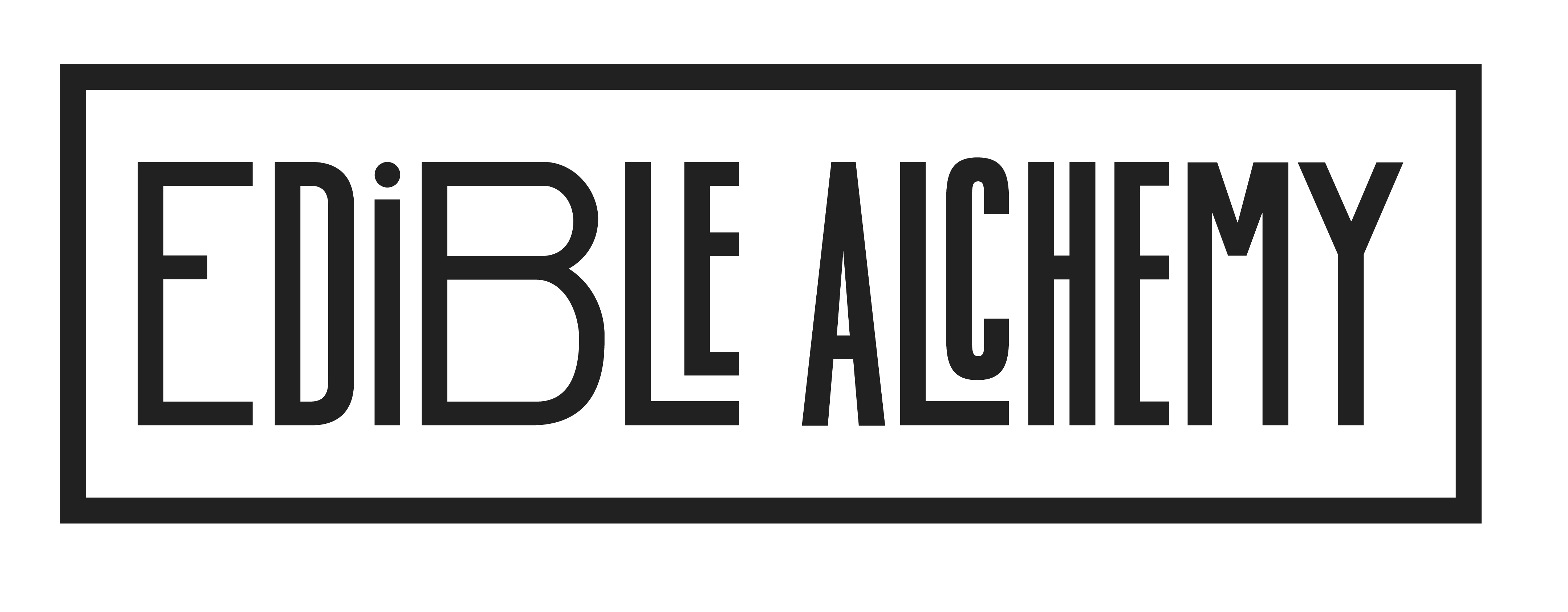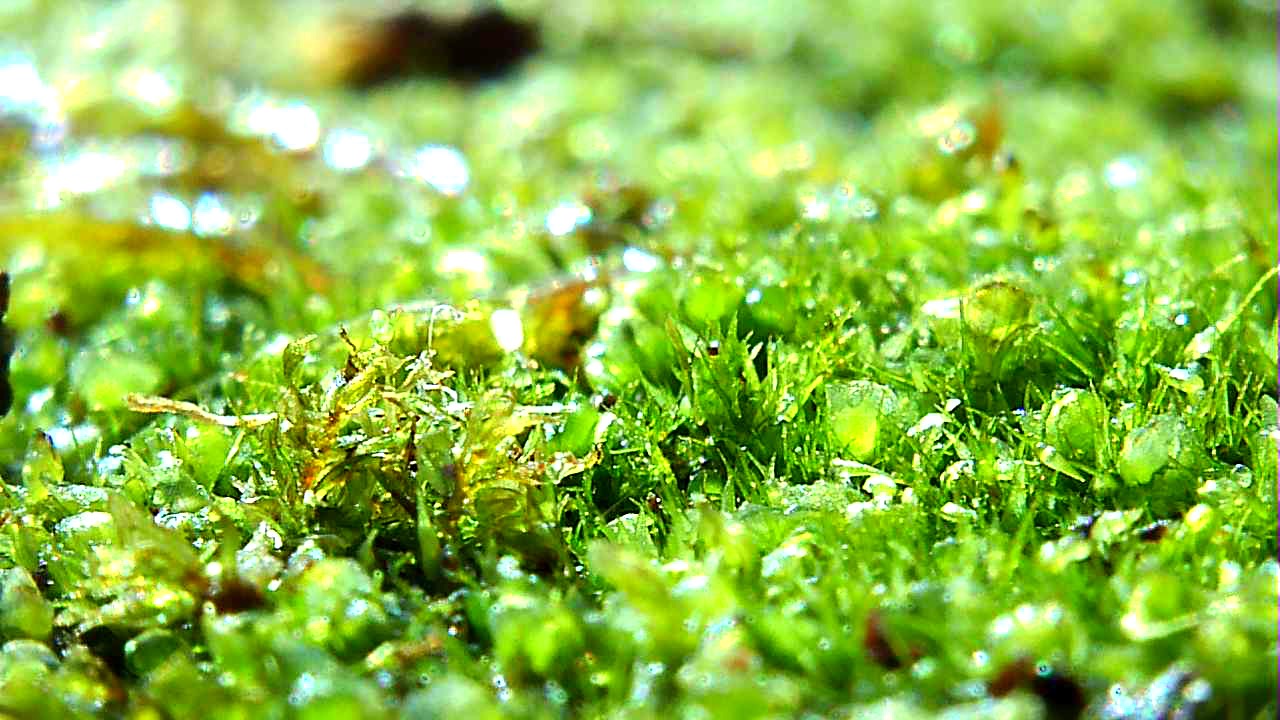Let us be gardeners. Sow the right seeds. Add the right organic matter. Be mindful of qualities and quantities. Gardens serve as metaphors for many things in life; emotional well-being, social gatherings, relationships. The common denominator being the idea of tending to something or someone, and being cared for in return. Giving and receiving. As such, if we nurture our gardens, our gardens will nurture us.
You may not necessarily be blessed with a green thumb or feel inclined to reach for a rake and hoe, but there is a lot of truth in the old saying, “You are what you eat”. Because the fact of the matter is, whether you like it or not, we are all born as gut gardeners:
Newborns inherit their microbiome from their mothers. The first six months in an infant’s life are said to have a critical impact on his or her future health. How a person’s microbiota evolve, is heavily dependent on what they put into their body well-beyond infancy. Therefore the quality of bacteria that you cultivate in your gut is determined by the foods you eat and the medications you take. Similarly, the quality of soil is first determined by bedrock and climate; but then, after the soil leaves its infancy, the nutrients and toxins a farmer or gardener infuses will become the determining factor.
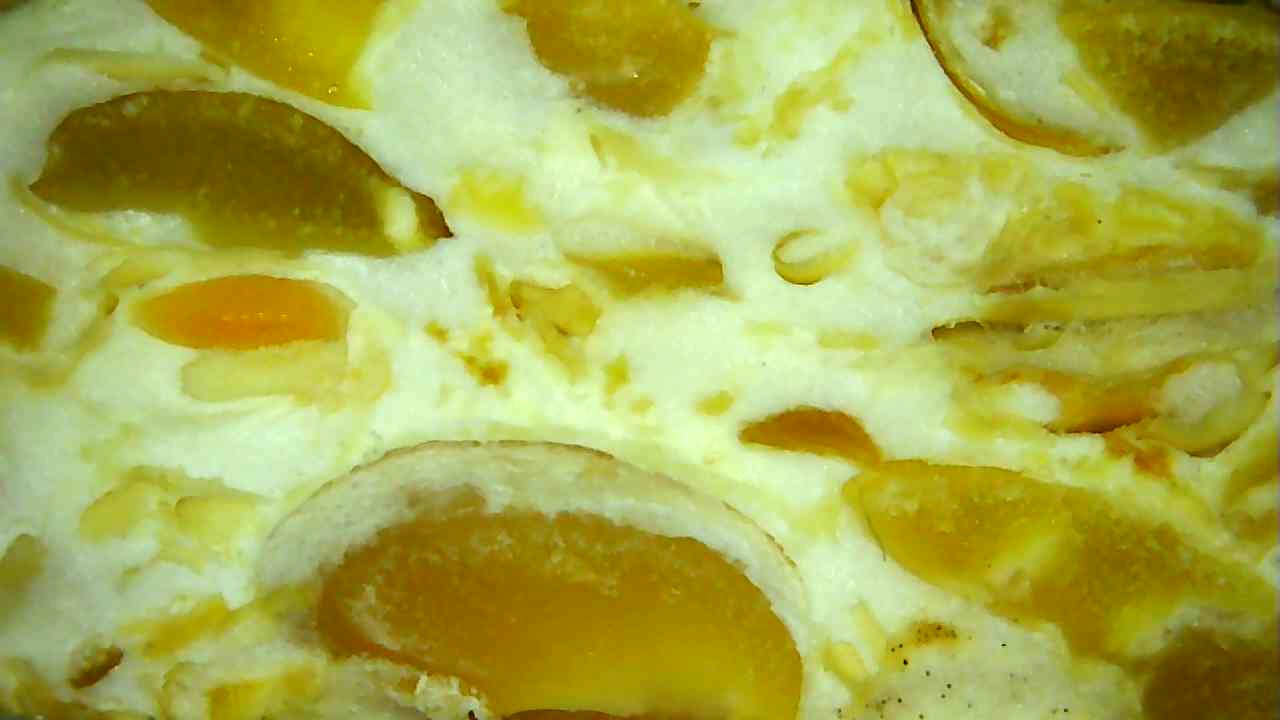
Backpedaling for a Moment
Way back in 300 BC, our dear old friend Epicurus used the concept of a garden to explain his conviction that we should pursue long-term pleasures. His school of philosophy was even called ‘The Garden’; and Epicureans of yesteryear were known to meet in an actual garden near Athens. But this was not the only garden that served as a metaphor, or rather as a whole allegory, and remains enveloped in mysticism to this very day. British author James Hilton brought us Shangri-La, a harmonious valley in Kunlun Mountains; the Mayan forest gardens of Chichén Itzá hold hidden truths about the narratives of its peoples; The Hanging Gardens of Babylon are considered one of the Seven Wonders of the Ancient World; The Garden of Eden represents paradise on Earth and the dawn of Humankind.
We cannot know how many of our garden metaphors these thinkers, creatives, cultures and religions would have shared in 2021. But hey, we are more (epi)curious about how much of the philosophy below you share. After all, we are neither classical Athenians, nore are we disciples of an old marble bust. We are not +2,300 years old, but seven years old. We are modern day alchemists.
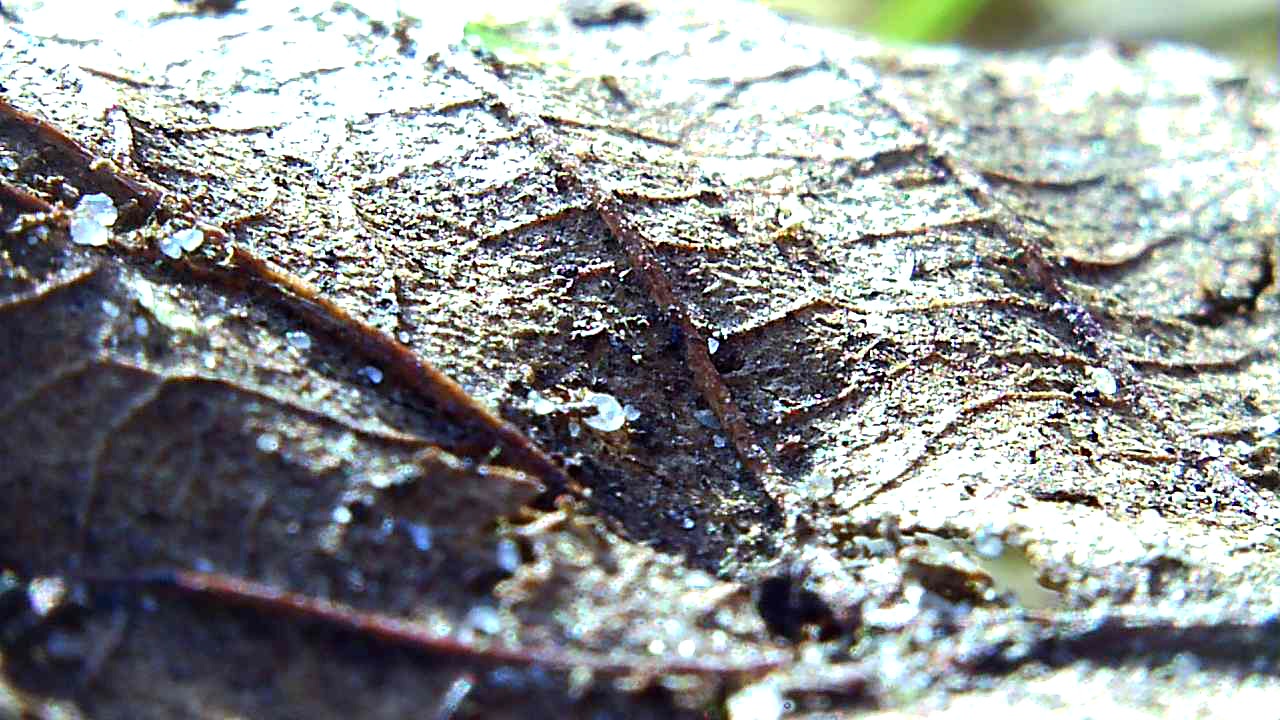
Take a Walk in Your Gut Garden
We at Edible Alchemy are not professional ‘outdoor’ gardeners. We may consider ourselves ardent amateur gardeners at best. First and foremost, we are foragers and fermenters. As such, we deal with plants, we deal with foods, we deal with bacteria. And at the end of the day, these elements all come together in our guts. The term ‘gut gardening’, a form of ‘inner gardening’, refers to the practice of nurturing our inner microbiomes. If, however, we compare the ongoings in our inner selves to the ongoings in our outer worlds, the parallels are undeniable.
Did you know that one teaspoon of soil contains more microorganisms than there are people in the entire world? Or that approximately one hundred trillion (!) bacteria are hanging out at home in your digestive system at this very moment?
Join us as we explore the gut garden in all its glory!
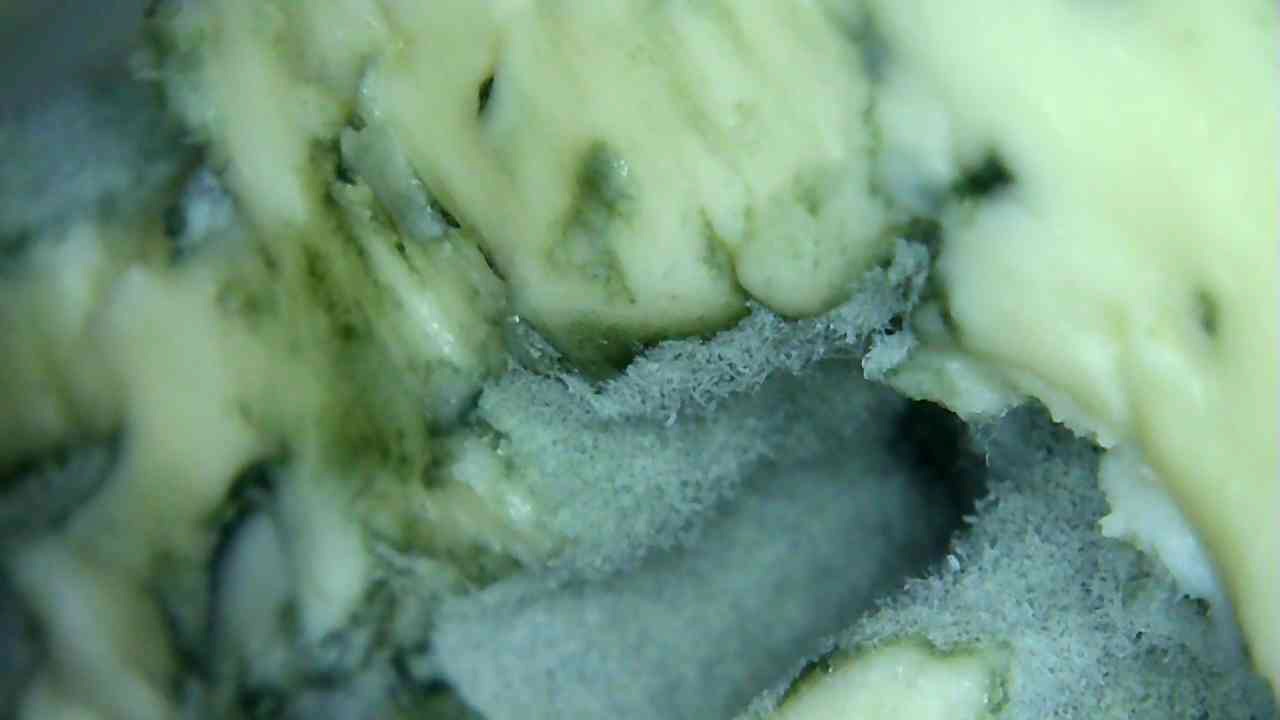
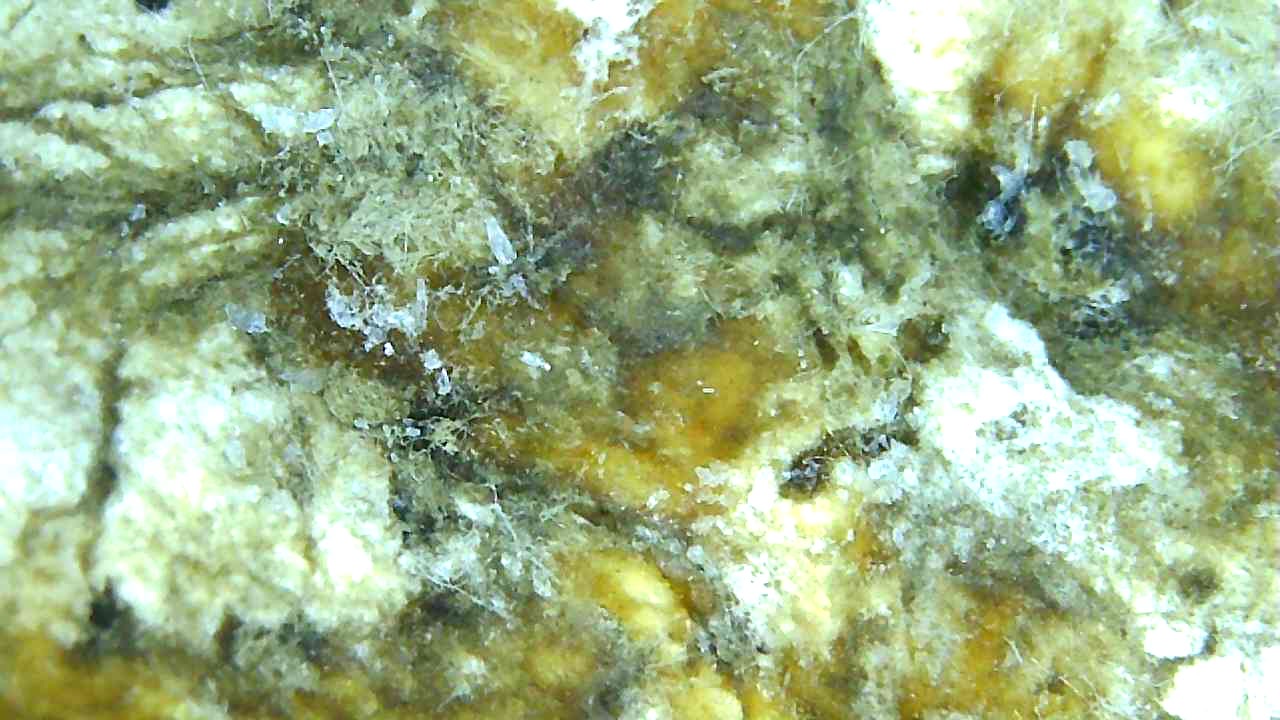
Monoculture of the Microbiomes
If we look at modern agriculture, the connection between soil health and gut health becomes even more evident. The problems induced by monocultures—nutrient-depleted soils, vulnerable ecosystems, loss of biodiversity—don’t stop on the fields and farms. They extend all the way through to the shiny but nutrient poor produce at markets.
From here, the monocultures weasel their way into our supermarket shelves where they are disguised by ‘preserved’ and ‘pasteurized’ labels (a more accurate term from a microbial sense would be ‘dead’).
Bread, wine, cheese, coffee, cabbage, yogurt, chocolate—we dare you to try and work out how many of the traditionally fermented foods which were once teeming with healthy bacteria (alias microbial life) have been utterly depleted in the process of industrialisation of our food system.
But it doesn’t stop there. Antibiotics and disinfectants are wreaking havoc on our systems, killing every microbiological organisms in their path. Yes, bad bacteria can be detrimental to our health. But if we eliminate all the good bacteria from our organs (including our skin) we also remove our body’s chances of protecting itself immunologically from the very bacteria we set out to obliterate in the first place.
So what’s the current status? Weeds are being rotted out by Roundup. Fresh foods are depleted of nutrients. Monocultures on the field cause soil erosion, monocultures on our plate cause food intolerances. Formerly ‘living foods’ are dead. And our microbiomes are starving. Biodiversity is being lost, in the outer world and in your gut garden!
Unless, that is, we change course drastically.
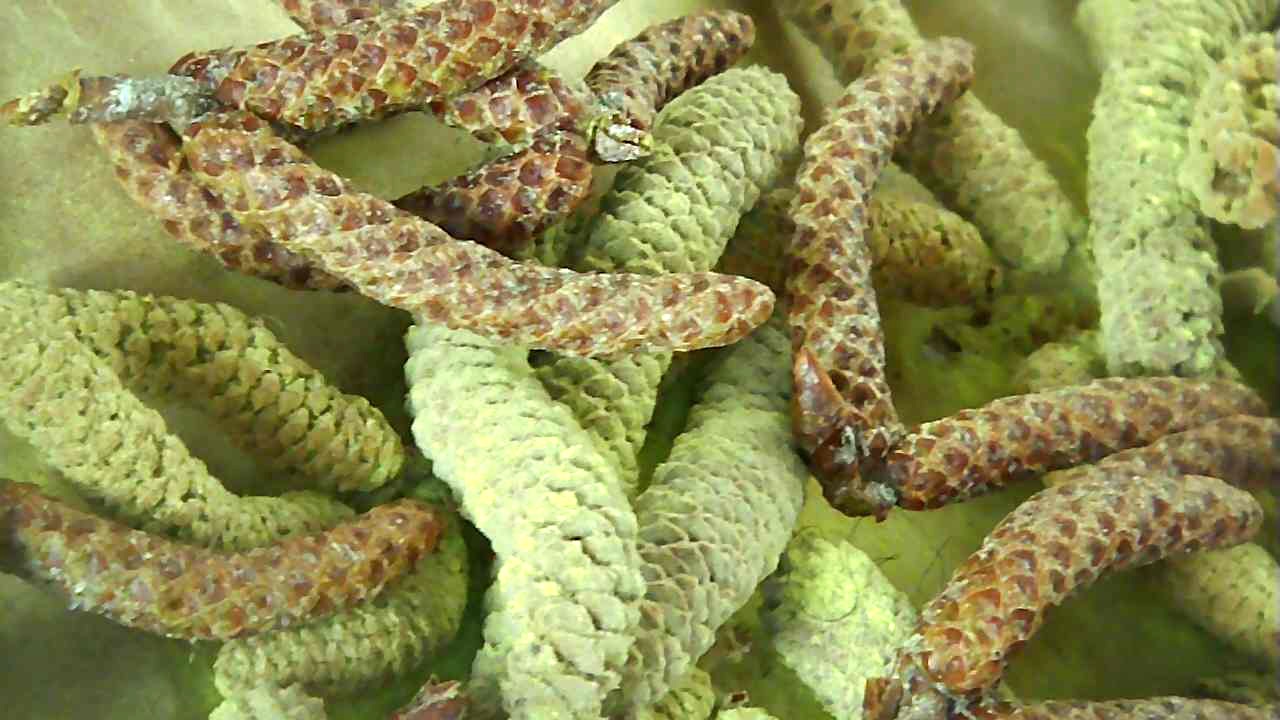
Thoughts on Permanence
Let’s assume we embrace our roles as outer and inner gardeners and shift (back) to the practice of cultivating polycultures. There are always some types of ‘weeds’ that will naturally spring forth in our outer gardens. As foragers, we don’t ‘weed’ them in the traditional sense, but cut them, and throw them directly into our salads! In our gut gardens, we can work to proactively avoid ‘weeds’ (i.e. bad bacteria) by including more probiotics in our diets. This will strengthen our system as a whole and make it much more resilient in the face of unwanted guests.
If we are limited in time or space to forage and grow our own foods, we can sow some shoots and sprouts on our window sills. These budding seeds are packed with nutrients and will be ready for consumption in a matter of days.
Now say we have a balcony or backyard. Come spring, we plant a couple of annuals in hopes of indulging in their leaves in a few weeks or flowers in some months. Occasionally, we might even consider adding some biennials to our outer gardens. Say, for example, evening primrose looks beautiful, tastes good, and even nurtures our skin.
The question is: How far ahead shall we think today? Shall we go ahead and plant some berries or bushes for next year’s harvest? Or is this the epic(urus) occasion, when we plant a tree, the fruit of which our grandchildren and their great-grandchildren will enjoy…?
In our inner gardens, foraging is like sprouting—we take small quantities of what is available today and eat it tomorrow. Fermentation, on the other hand, can be compared to the act of planting those biennials and perennials. We look at what is available to us today and cultivate it so that it will provide us with nutrients for months or even decades to come. The ultimate aim is to become multi-multiculturalists and bring as much diversity and 3-dimensionality into our diets.
